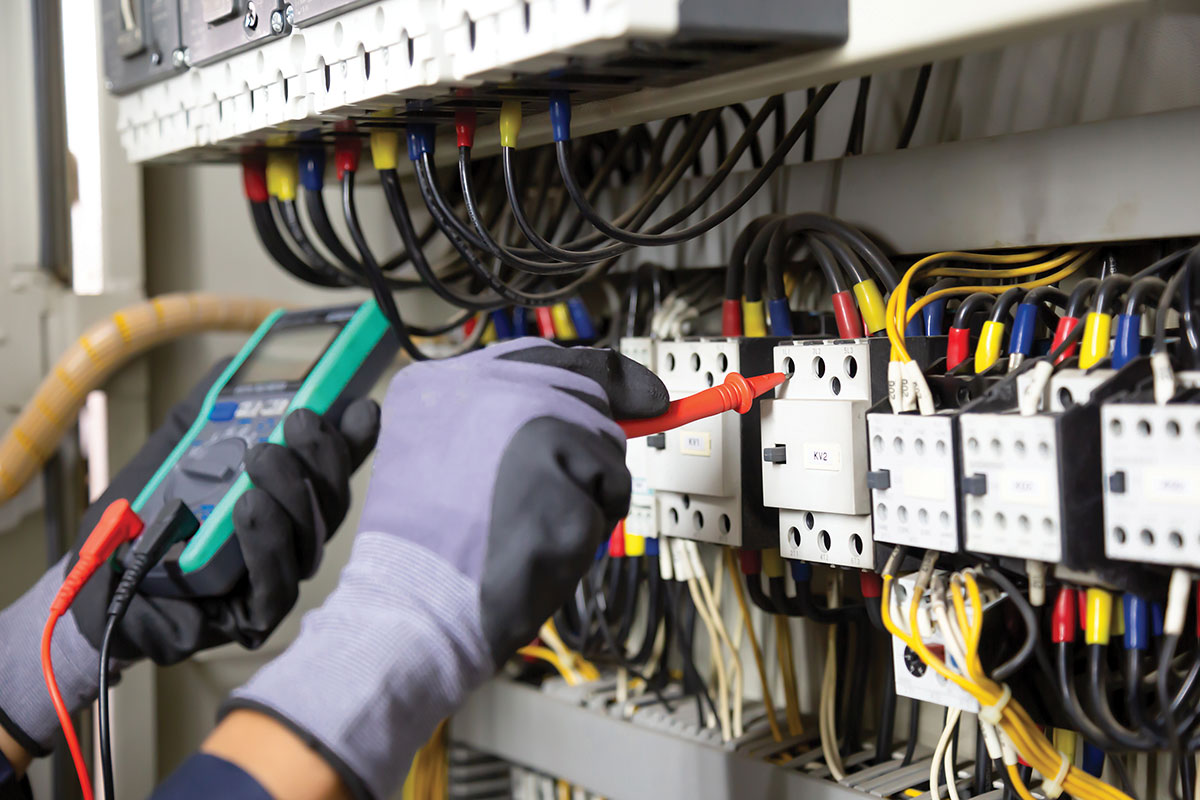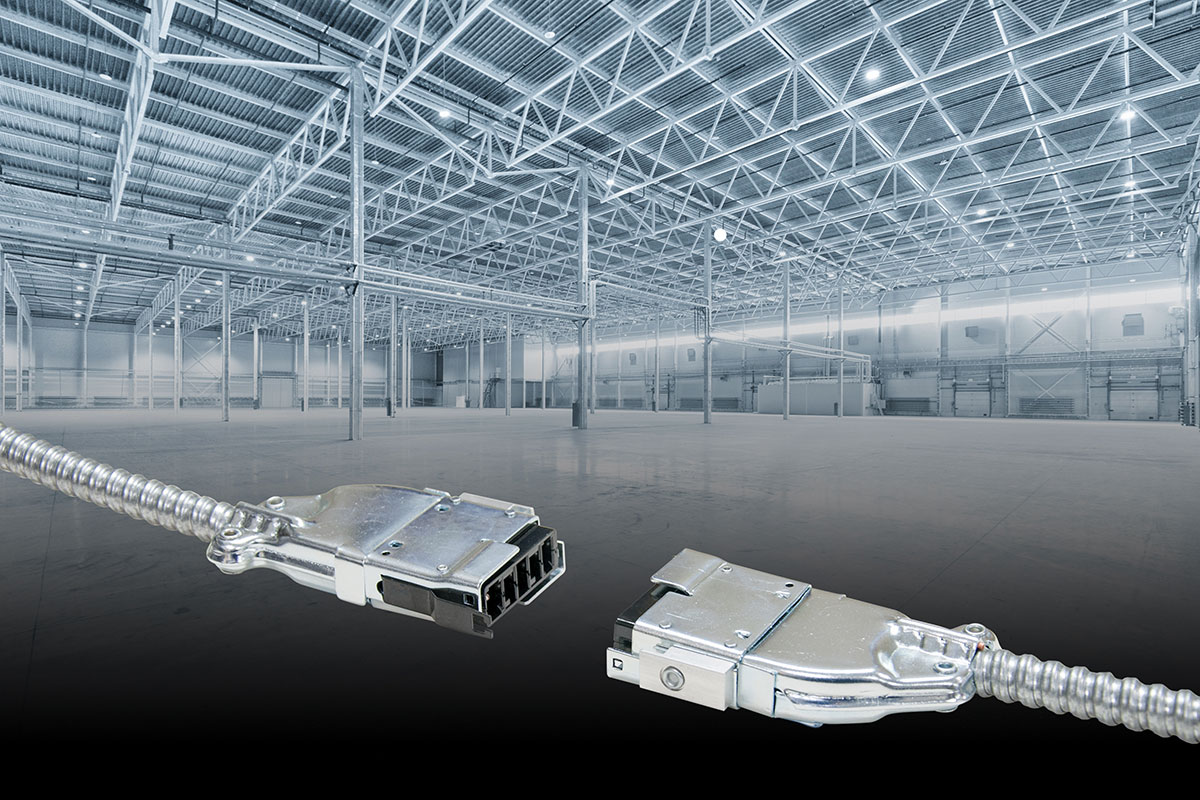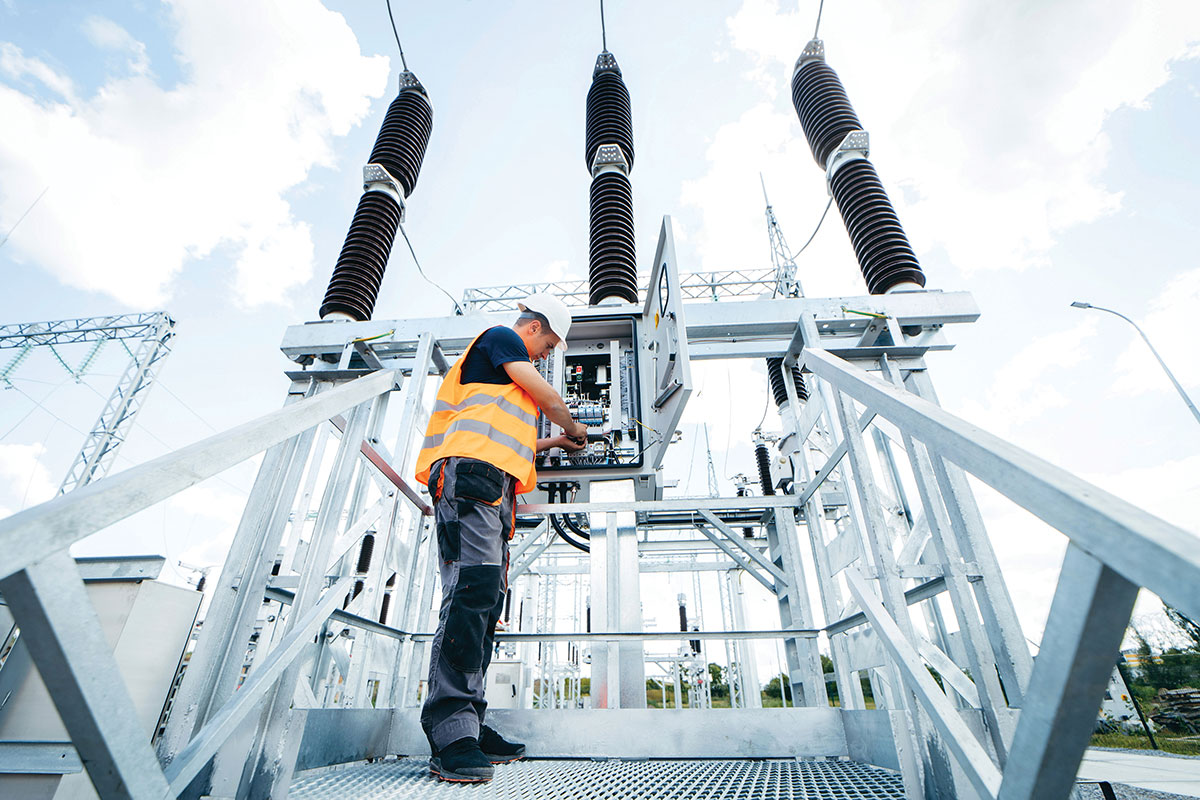Not too many years ago, I was conversing with a friend of mine, who is also an electrical inspector, about which codes and standards apply to electrical inspectors and, for that matter, any construction inspector during the course of their appointed duties. During our rather lively discussion, he mentioned that his supervisor, who is a building code administrator, believed electrical inspectors were liberated from having to comply with NFPA 70E. One can speculate about the reasons, although many of us can surely see the potential budget expenses of getting all the inspectors on one’s staff certified to inspect equipment “hot.” My friend and I ended our conversation with my promising to commit a future article to these ponderings…. I guess it is never too late!
The 2012 edition of the Standard for Electrical Safety in the Workplace states under Section 90.1 Purpose, “The purpose of this standard is to provide a practical safe working area for employees relative to the hazards arising from the use of electricity.”
Additionally, the document states under Section 90.2 Scope.
“(A) Covered. This standard addresses electrical safety related work practices for employee workplaces that are necessary for the practical safeguarding of employees relative to the hazards associated with electrical energy during activities such as the installation, inspection, operation, maintenance, and demolition of electric conductors, electric equipment, signaling and communications conductors and equipment, and raceways. This standard also includes safe work practices for employees performing other work activities that can expose them to electrical hazards as well as safe work practices for the following:
(1) Installation of conductors and equipment that connect to the supply of electricity
(2) Installations used by the electric utility, such as office buildings, warehouses, garages, machine shops, and recreational buildings that are not an integral part of a generating plant, substation, or control center.”
The 2012 edition added the term inspection in its scope. This will certainly answer the question about whether or not 70E applies to electrical inspectors in the workplace. The next question is what does that mean? Let’s look at the responsibility of the employer versus the employee. Section 105.3 Responsibility, states “the employer shall provide the safety-related work practices and shall train the employee, who shall then implement them.” Therefore, it is the responsibility of the employer to provide the safety-related work practices. As such, 70E provides for a host of training requirements within its text, including training for Qualified Persons, Unqualified Persons, Host Employer Responsibilities, Contract Employer Responsibilities, Documentation and Retraining.
As Jeffrey Sargent said in his article from the NFPA Journal, May/June 2010 entitled, “A glimpse of the proposed changes for the 2012 edition of NFPA 70E”: “The world of workplace electrical safety is rapidly evolving, in large part due to the increased awareness and implementation of NFPA 70E®, Electrical Safety in the Workplace®, in the last decade.” With the introduction of newer technologies and equipment for addressing hazards, as well as, a better understanding and training about electrical hazards, workers can be kept safe (yes, even the electrical inspector). OSHA, under the Code of Federal Regulations (CFR), is responsible for the provision for working safely with electricity; and NFPA 70E shows you how to do it properly. I, personally, do not want our staff to open any high voltage equipment without it being de-energized first. Without the specific training to recognize those hazards — and I’m not talking about “knowing enough to be dangerous” — I prefer for the system to be de-energized.
So the next time you hear a statement that it “doesn’t apply” to you as an inspector, stop and contemplate that statement a moment. If you are uncertain, then ask yourself one question: Am I Superman? Because as far as I know, he is the only one who can withstand high voltage unharmed!
We’ll save the provisions of CFR 1910 and 1926 for next time. E-mail your comments to mikesavagemco@aol.com.
References
NFPA 70E
Jeffrey Sargent, NFPA Journal, May/June 2010
James Dollard, IBEW











Find Us on Socials